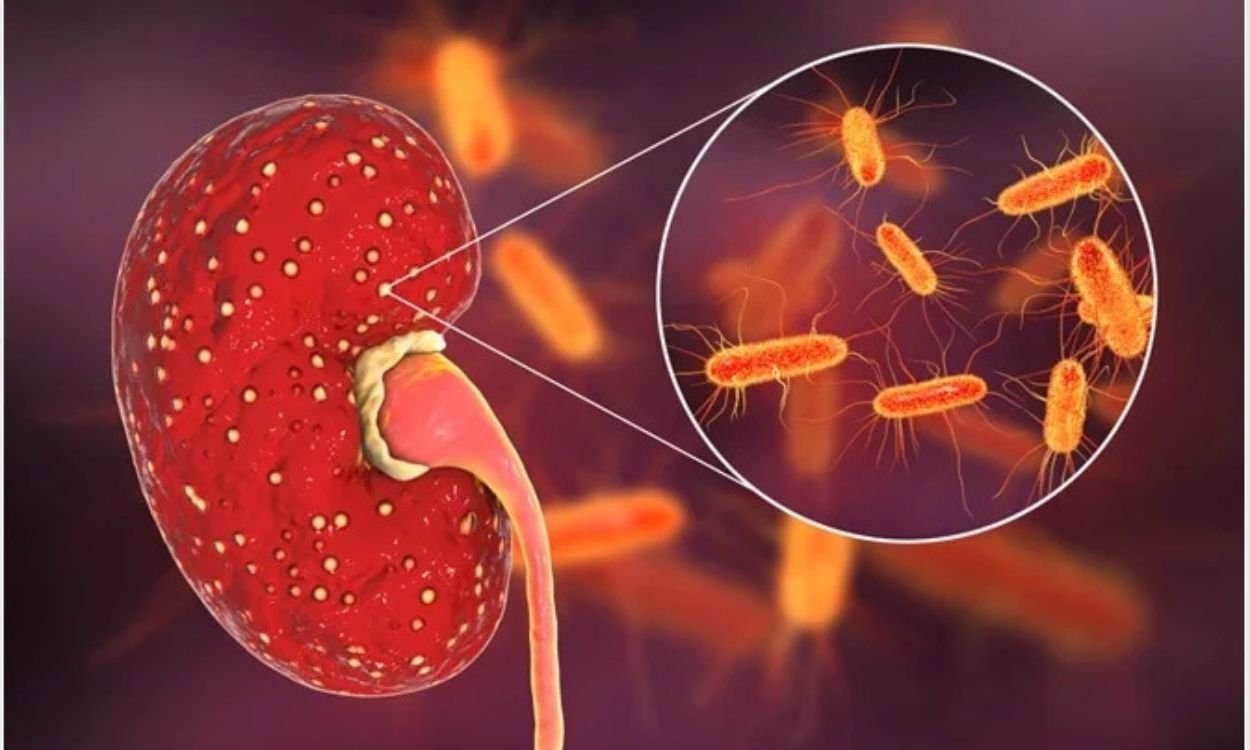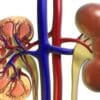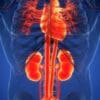Understanding Pyelonephritis: Causes, Symptoms, and Treatment
What is Pyelonephritis?
Pyelonephritis is a type of urinary tract infection (UTI) that affects one or both kidneys. It occurs when bacteria, often originating from a bladder infection, travel up the ureters to infect the kidneys. This condition can be acute or chronic, with acute pyelonephritis being more common.
Causes of Pyelonephritis
– Bacterial Infection: The primary cause is a bacterial infection, most commonly Escherichia coli (E. coli), which enters the urinary tract through the urethra.
– Blockages in the Urinary Tract: Kidney stones or an enlarged prostate can obstruct urine flow, increasing the risk of infection.
– Weak Immune System: Individuals with weakened immune systems are more susceptible to infections, including those affecting the kidneys.
– Structural Abnormalities: Congenital defects in the urinary tract that cause urine to flow backwards (vesicoureteral reflux) can lead to recurrent infections and pyelonephritis.
Symptoms of Pyelonephritis
– Fever and Chills: High body temperature and shivering are common.
– Flank Pain: Severe pain in the back or side, just below the ribs.
– Nausea and Vomiting: These symptoms often accompany the condition.
– Frequent Urination: A frequent urge to urinate, even if only a small amount comes out.
– Painful Urination: Discomfort or a burning sensation during urination.
– Cloudy or Bloody Urine: The presence of pus or blood in the urine.
Diagnosis
– Urine Tests: Urinalysis and urine culture to detect bacteria and white blood cells.
– Imaging Tests: Ultrasound or CT scan to identify any blockages or structural abnormalities.
– Blood Tests: To check for elevated white blood cell count or bacteria in the bloodstream.
Treatment of Pyelonephritis
– Antibiotics**: The primary treatment involves a course of antibiotics to eliminate the bacteria. The exact type depends on the bacteria causing the infection.
– Hospitalization: Severe cases may require hospitalization, especially if the patient is vomiting, dehydrated, or unable to take oral antibiotics.
– Pain Management: Pain relievers may be prescribed to manage discomfort.
– Hydration: Drinking plenty of fluids helps flush bacteria from the urinary system.
– Surgical Intervention: In cases of chronic pyelonephritis with structural issues, surgery may be needed to correct the underlying problem.
Achieve Optimal Health with Fitpaa
Discovering solutions for health issues like pyelonephritis is vital, but prevention and overall well-being are key. At Fitpaa, we aim to empower individuals to live healthier lives through personalized health and fitness guidance.
Why Choose Fitpaa?
– Comprehensive Health Management: Fitpaa offers a 360° approach to health, focusing on metabolism optimization which can help prevent infections and improve kidney health.
– Personalized Fitpaa Capsule: Our unique Fitpaa Capsule includes tailored diet plans, exercise routines, and therapeutic strategies to enhance your overall well-being.
– Real-Time Guidance: Our mobile app provides real-time guidance and tracking, ensuring you stay on course with your health goals.
– Expert Support: With a team of specialists, including nutritionists, fitness coaches, and doctors, our users receive unparalleled support.
– Risk-Free Experience: With a 7-day risk-free trial, you can explore Fitpaa’s offerings without any commitment.
Transform Your Health Journey
Join the thousands of individuals who have transformed their lives with Fitpaa. Whether you’re managing a condition like pyelonephritis or striving for optimal fitness, Fitpaa provides the tools and support you need.
Download the Fitpaa app today and take the first step towards a healthier future. Your well-being is our mission, and with Fitpaa, you can achieve it with guaranteed results.











